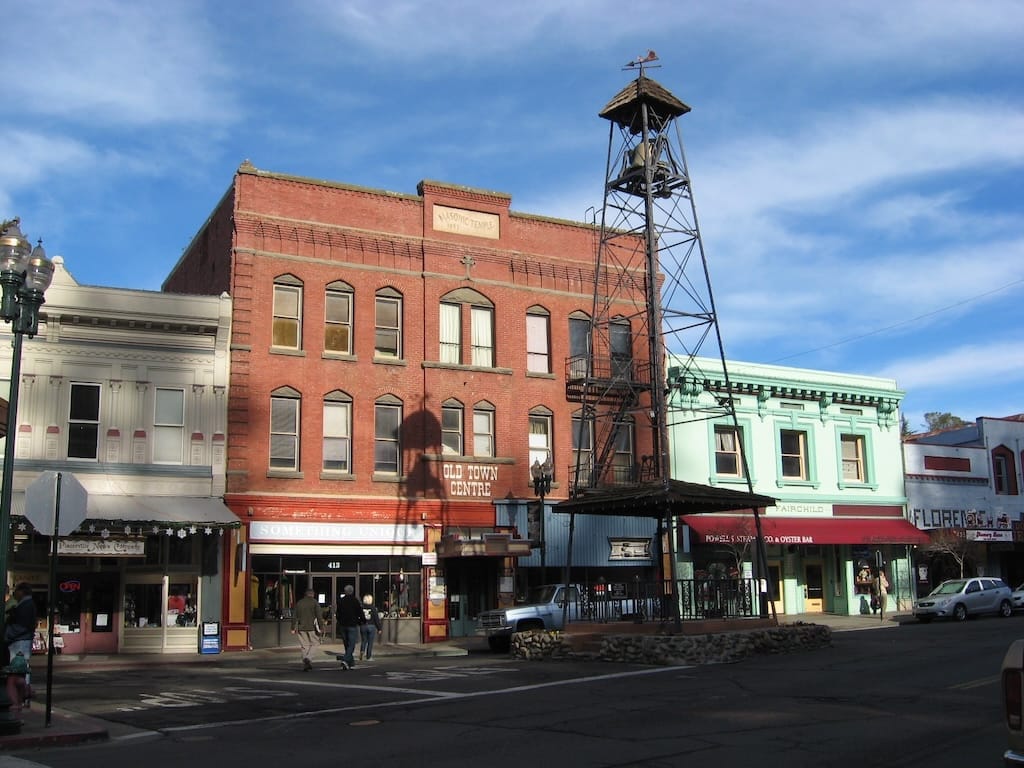California Plan to Award $1.8 Billion in BEAD Funds Approved
CPUC also awarded $172 million to get fiber to 56,000 locations.
Jake Neenan

WASHINGTON, Oct. 4, 2024 – The federal government announced Friday it approved California’s plan for awarding $1.8 billion in broadband grants.
“California is ready to put these funds to work, bolstering our economy, building durable broadband infrastructure, and generating quality jobs,” California Public Utilities Commission President Alice Reynolds said in a statement.
California received the second highest allocation from the $42.5 billion Broadband Equity, Access, and Deployment program, with Texas coming in first at $3.3 billion. With its plan approved, California is a step closer to awarding grants under the program. The state will need to finish processing local challenges to government broadband coverage data first, though.
The CPUC’s challenge submission window closed on Aug. 6 and ISPs can rebut challenges until Sept. 20. The agency is planning on submitting a final list of eligible locations – those with no access to adequate broadband – for Commerce Department approval on Nov. 4.
Fifty-one states and territories have fully approved plans. Just five states remain: Alabama, Alaska, Florida, Ohio, and Texas. At least seven states are taking applications for BEAD grants: West Virginia, Montana, Louisiana, Kansas, Nevada, Colorado, and Wyoming.
Major cable ISP Cox Communications sued Rhode Island last week over the state’s BEAD map, arguing some homes and businesses in its footprint were improperly marked as receiving slow enough service to be eligible for BEAD-funded projects.
CPUC grant
The CPUC also awarded $172 million in state broadband grants last week. The state has so far awarded or teed up $674 million from its $2 billion last mile broadband program.
The latest awards are set to reach more than 56,000 locations in Del Norte, El Dorado, Humboldt, Santa Clara, and Siskiyou counties.
Tribal and local governments took home the lion’s share of the funding, more than $138 million. Most winners committed to a low-cost plan of $40, albeit with slower speeds, and to not raising prices for ten years.









Member discussion